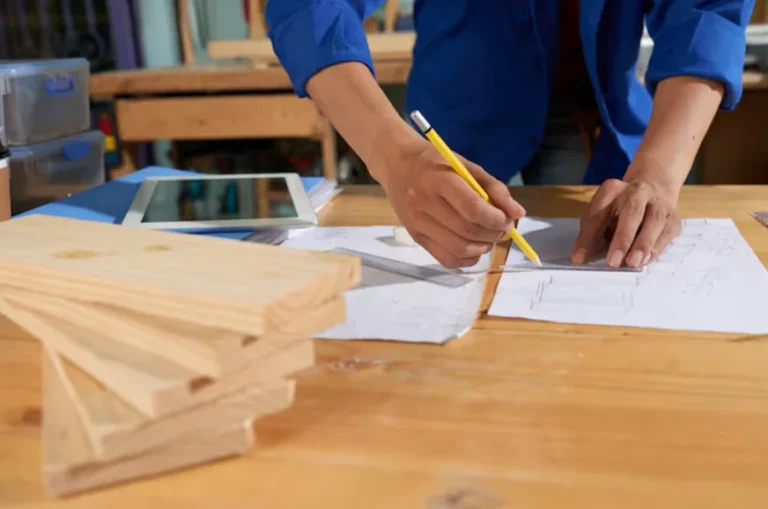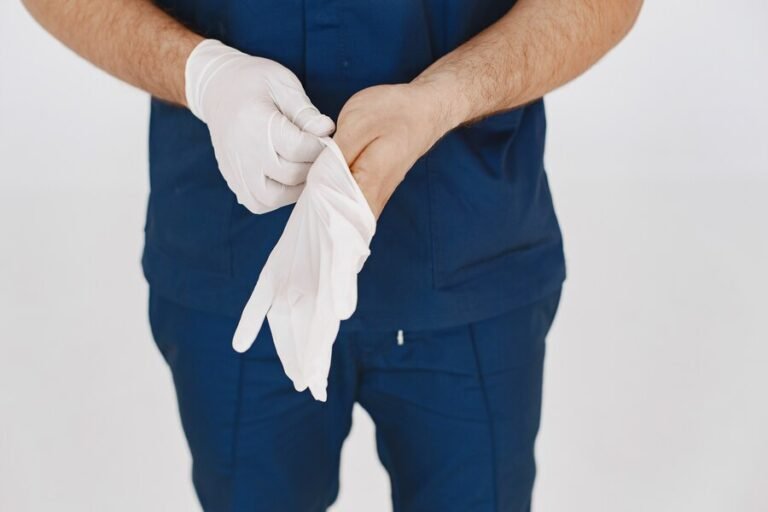Cracked by the unending pressures of modern life? Trying to get it all in balance—the demands of the job, personal obligations, or even personal care?
With stress looming large every day, how can one effectively handle it without compromising overall health and well-being? Answering these questions is central to finding practical ways to manage stress and improve quality of life.
Regular Physical Activity
The state of New Jersey comprises residents who are facing stressors such as high cost of living, congested traffic, and demanding work environments. These issues heighten the pressure on the citizens and eventually affect their mental and physical well-being.
Physical activity against the background of these issues is one of the best ways to manage stress effectively. In the hurriedness of life and pressure-cooker jobs, walking, jogging, yoga, and strength training may become expedient. Regular exercise helps produce endorphins, which naturally elevate mood.
It will bring down the level of stress hormones like cortisol. This becomes all the more important in new jersey rehab, where life’s pressures get heightened. Adding a minimum of 30 minutes of moderate exercise to most days of the week pays off in producing better sleep and enhances self-esteem, thus counterbalancing the stress of living and working in a pressure-cooker environment.
Mindfulness and Meditation

The two most popular techniques in stress management are mindfulness and meditation, which foster attention in the current moment and diminish negative thoughts. Mindfulness means the act of being aware of thoughts, feelings, and surroundings without judgment.
Meditation is a technique that encompasses activities like deep breathing, guided imagery, and progressive muscle relaxation. They help in the reduction of anxiety and enhancement of mood modulation, leading to relaxation. To start practicing mindfulness and meditation, set aside a few minutes each day.
If you are a complete beginner at this, make use of apps or online resources that have guided meditations. Additionally, try being more mindful while doing ordinary everyday activities like eating or walking.
Positive Eating Habits
Diet considerably influences the body’s regulation of stress. Eating a variety of nutrient-dense foods daily supports general health and enhances the body’s resistance to stress. Vitamin-, mineral-, and antioxidant-rich food lowers inflammation and can boost your mood.
Include plenty of vegetables, fruits, whole grains, lean proteins, and healthy fats in your diet, while minimizing foods high in caffeine and added sugars, which can enhance stress. Keep up regular, balanced meals for sustained energy, and be sure to drink enough water throughout the day.
Adequate Sleep

Sleep is an essential factor in controlling stress and overall health. Poor sleep may increase feelings of stress and may result in related health problems such as heightened anxiety, a decrease in mental functioning, and a depressed immune system. Good sleep hygiene techniques can promote good sleep quality and limit stress.
Go to bed and wake up at the same time each day to maintain a constant sleep schedule. Have a pre-sleep routine to calm your body down for sleep. Avoid screens and stimulants like caffeine before bedtime, and make your sleep environment comfortable, dark, quiet, and free from disturbances.
Social Support
Building social relationships and maintaining healthy social bonds can help take away some of your stress. Discussing with your friends or family members, or joining a support group, gives you emotional support and practical help on how to deal with the stressors. In doing so, feelings of belongingness increase, while those of isolation drop.
To strengthen social support, stay in touch with friends and family as often as possible, even if it’s just for a quick chat. Joining social or community groups will allow you to meet new people and forge other social links. If need be, seek professional support from counselors or therapists in trying to overcome some of your stress-related problems.
Time Management

Effective time management can reduce much of this stress by allowing individuals to feel more in control of their tasks and responsibilities. Prioritizing tasks, setting realistic goals, and breaking them into manageable steps can help prevent feelings of overwhelm. Many find it helpful to write down their tasks and keep track of them using a to-do list or digital planner.
Set priorities based on the urgency and importance of tasks, break down large projects into manageable steps, and take regular breaks to avoid burnout.
Relaxation Techniques
Deep breathing, progressive muscle relaxation, and guided imagery are relaxation techniques that help alleviate some of the physical symptoms of stress. These techniques induce relaxation and can help keep the body from reaching an overly stressed state.
Practice these relaxation techniques multiple times a day or whenever you feel stressed. Try to find a quiet spot where you can concentrate without distractions. Combine these techniques with mindfulness to get maximum benefit from them for stress relief.
Setting Boundaries
Setting boundaries is a very essential factor in stress management, especially in the workplace. Clearly defining your working hours, tasks, and personal time helps prevent burnout and maintains a healthy work-life balance.
Communicate your boundaries with colleagues, friends, and family. Learn to say no to added responsibilities or tasks that may overwhelm you. Schedule regular time for self-care and relaxation to maintain balance.
Benefits of Engaging in Hobbies and Leisure Activities
| Aspect | Description | Tips for Implementation |
| Stress Relief | Hobbies provide a break from daily stressors, promoting relaxation and enjoyment. | Schedule regular time for hobbies, even if it’s just 15-30 minutes a day. |
| Sense of Accomplishment | Completing a hobby or leisure activity can enhance feelings of achievement and self-worth. | Choose activities that are achievable and set small, rewarding goals. |
| Distraction from Stressors | Engaging in enjoyable activities can divert your attention away from stressors and improve overall well-being. | Explore new activities or revisit past hobbies to keep things interesting. |
Conclusion
Effective stress management is the gateway to good health and improved quality of life.
The most efficient way for people to manage stress includes physical activity, mindfulness techniques and meditation, a healthy diet, adequate sleep, social network, time management, relaxation, setting boundaries, leisure activities, and professional help. Stress management is crucial for both mental and physical health. It allows people to live more balanced, fuller, and rewarding lives.
FAQs
-
Why is physical exercise important for managing stress?
Physical exercise helps produce endorphins, which are natural mood lifters and reduces stress hormones like cortisol, improving overall mental and physical well-being.
-
How does living in New Jersey contribute to stress?
High cost of living, congested traffic, and demanding work environments are common stressors in New Jersey, impacting residents’ mental and physical health.
-
What types of physical activities are most effective for stress relief?
Walking, jogging, yoga, and strength training are effective in relieving stress, as they promote endorphin production and reduce stress hormones.















+ There are no comments
Add yours